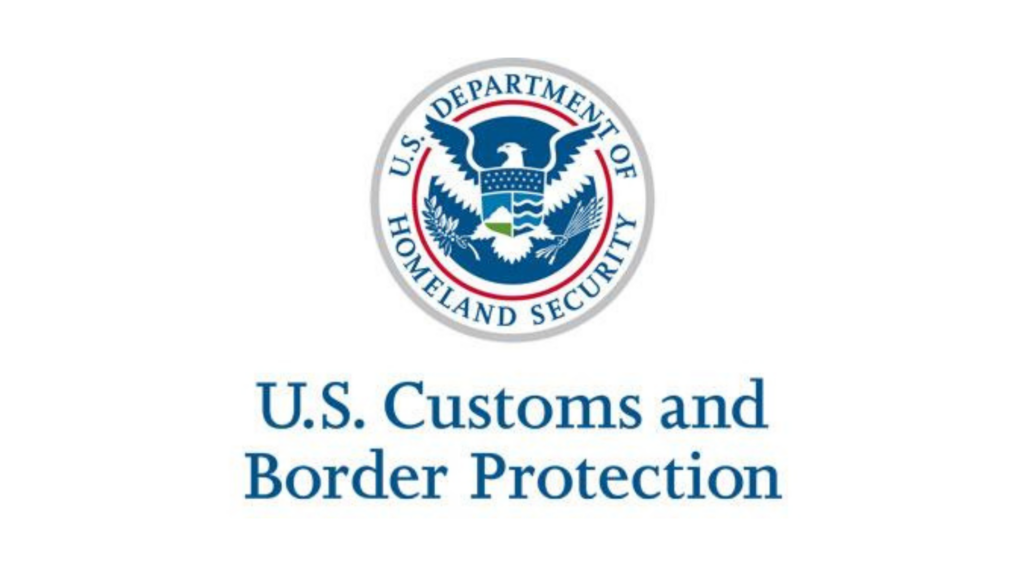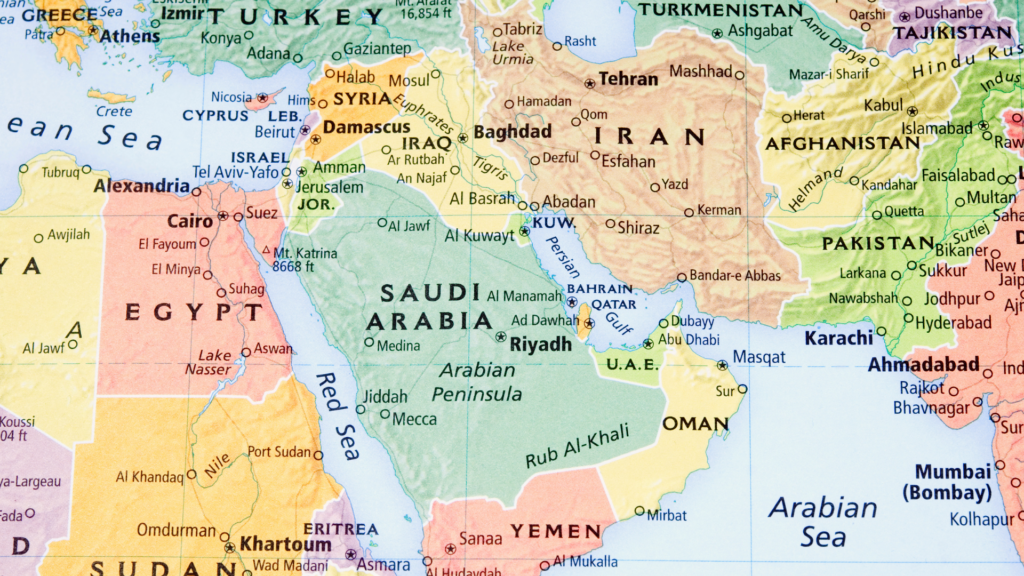Funding for CBP, Clean Shipping Reluctancy, October Retail Results, and Uncertainty Around Israel.
Your weekly All-Ways round-up of Supply Chain news.
Overworked and Underpaid
Who should be paying for upgrades, construction, and maintenance of Customs and Border Protection (CBP) at ports?
Well, CBP wants the ports to pay for it or risk reducing the time allocated for inspections or ceasing to operate altogether.
The American Association of Ports Authorities (AAPA) believes it should not be a port's responsibility, but rather, that of the federal government.
This week in the House of Representatives, the CBP SPACE Act was introduced to increase government funding specifically for CBP inspection at US ports:
➡️ Calling for the US Department of Treasury to make sure that funding needs are met when working on its budget.
➡️ Suggesting that part of the merchandise processing fees (MPFs) should go towards operational needs.
➡️ Prohibiting the CBP from requiring US ports to fund, in any capacity, its operational needs.
CBP is understaffed and underpaid. The two bipartisan bills that were introduced last spring to provide a double-digit increase in salary, pay officers overtime and require CBP to hire 600 new officers annually until they’re sufficiently staffed.
Reluctant to Go Green
Shippers are reluctant to use greener transport options. With capacity significantly outpacing demand, rates are extremely low on major trade lanes. Shipping green is significantly more expensive on a good day and there’s no green shipping law as of now so most shippers aren’t willing to pay the price.
While some retailers are opting for cleaner transport options, the shift has been at a snail’s pace at best.
“The willingness to pay is not there yet,” Hapag-Lloyd CEO Rolf Habben Jansen said. “Since the beginning of the year, we have sold 65,000 TEUs in ShipGreen. That sounds like a big number, but bear in mind that in a year we move 12 million TEUs.” To put it in perspective, that would amount to about 1% of its annual container volume.
In Europe, carbon pricing will go into effect in stages starting on January 1, 2024. Carriers will be required to measure and report their emissions. Carriers will likely pass along that cost to retailers.
“The initial cost is there, and we will not absorb the cost,” Habben Jansen said. “It is real and is a fully out-of-pocket cost and people must accept it. We talk about $100 extra per container, and if you look at the value of the goods that are inside, people should be able to accept that."
Haphazard Retail Results
October saw a 0.1% decrease from September but a 2.5% annual increase in retail sales.
The National Retail Federation (NRF) expects a 3-4% annual increase in retail sales throughout the 2023 holiday season albeit lower than last year's 6-8% due to federal stimulus checks.
“Fourth-quarter consumer spending stepped off at a more moderate pace, as expected,” NRF Chief Economist Jack Kleinhenz said in a statement. “The staying power of the American consumer has been the story of 2023, but financial conditions have tightened appreciably in recent months, curbing the purchasing power fueled by job and wage gains. Nonetheless, continued consumer resilience is still expected for the holiday season.”
Around 70% of economic activity is consumer spending. Consumer confidence has quite literally kept the economy afloat.
Shockwaves of War
Iran-backed Houthi rebels seized a beneficially Israeli-owned ship in the Red Sea on Sunday, raising fears of a broadening conflict in the Middle East. So long as the war against Hamas continues, the terrorist group intends to target more Israeli ships. Iran denies any role in this.
The ship, chartered by Tokyo-based Nippon Yusen KK, was taken to an unknown location on the coast of Yemen. Its 25 crew members are from Bulgaria, Ukraine, Romania, Mexico, and the Philippines. The ship headed to India had unloaded its cargo in Turkey.
The Japanese government is currently working with the Israeli government, the Houthi group, Saudi Arabia, Oman, and Iran to release the vessel.
Tensions in the Middle East tend to disrupt the movement of energy or goods. However, the oil market is not too concerned as the ship seized was used for transporting vehicles.





